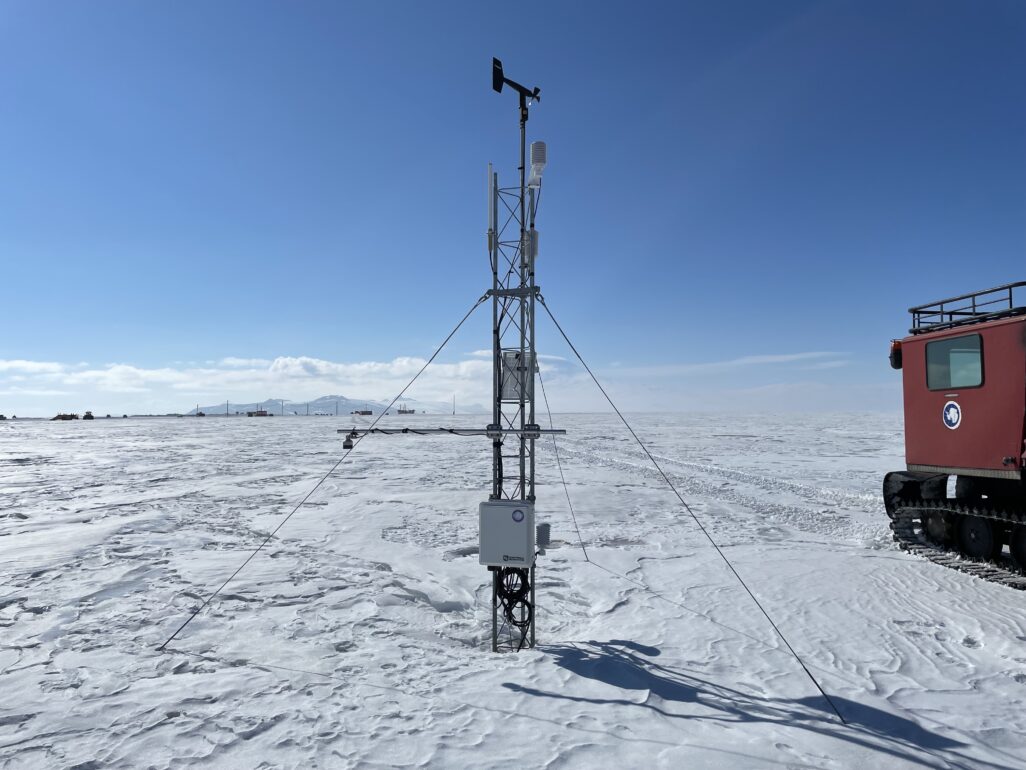Antarctic meteorological data finds long-term home at UW–Madison and Madison College
The Antarctic Meteorological Research and Data Center Repository at the University of Wisconsin–Madison and Madison Area Technical College has been named the official meteorological data repository for the U.S. Antarctic Program that is managed by the National Science Foundation.

Credit: Al Kalenski
Launched in 2020, the AMRDC is a partnership between the UW–Madison Space Science and Engineering Center and Madison Area Technical College and led by Principal Investigator Matthew Lazzara who is affiliated with both institutions.
Consistent with the NSF policy on dissemination and sharing of research results, the AMRDC Repository team “is committed to enabling data discovery, access and reuse by adhering to FAIR data principles that are accepted and promoted across all scientific disciplines,” says Lazzara.
The repository now hosts more than 4,700 datasets including automatic weather station data – temperature, wind direction and speed, humidity – collected by researchers in Antarctica, satellite composite imagery and other ground-based and aircraft meteorological data. The repository hosts not only collections of data, but also links to other datasets held in other repositories enabling a means to find Antarctic meteorological datasets across the world.
The climate of Antarctica is important to understanding a changing global climate. Lazzara expects the data repository will support longitudinal studies related to climate change given the depth and range of data available.
The UW–Madison Space Science and Engineering Center has been managing and archiving Antarctic data for more than 40 years. The repository team has drawn on this legacy of data and information management to launch a data repository with the capacity for managing the submission of datasets to their long-term stewardship.
“We are positioning the AMRDC Data Repository to become the most complete Antarctic meteorological data collection in the world,” says Lazzara.
This work is supported by NSF continuing grants # 1951720 and 195160.

